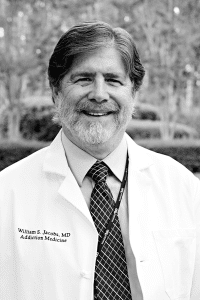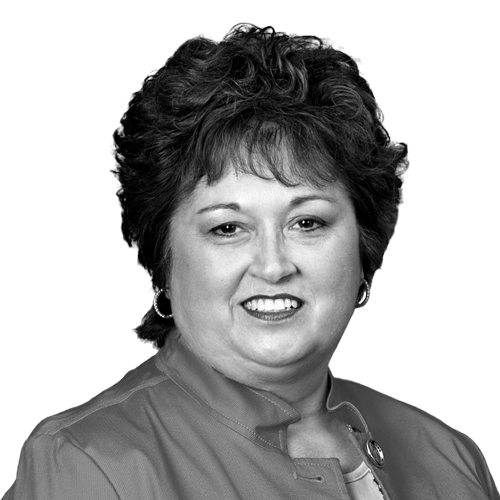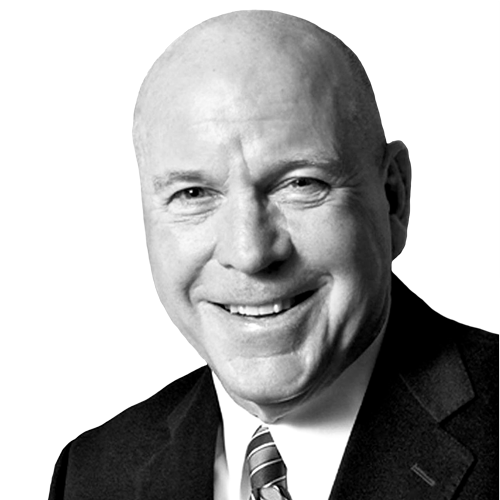
When one patient first came to Bluff Plantation, he had already tried twelve different treatment centers in the previous nine years. In his mid-twenties, he was taking a slew of psychiatric medications and was unable to stay sober. After he was hospitalized at Georgia Regents University’s (GRU) Medical College of Georgia, a team of psychiatrists minimized his psychiatric medications, and they were able to stabilize him to successfully complete residential treatment at Bluff Plantation. He’s now in transition at the outpatient program in Athens, Georgia, and his family says this is the best he’s ever been.
Another patient came to Bluff Plantation as a thirty-year-old man with psoriatic liver failure. He had been to multiple treatment facilities, and he was denied a liver transplant because he, too, was unable to stay sober. After Bluff Plantation admitted him to a hospital, the staff consulted with a GI specialist (a hepatologist) to maximize his medical therapy for his liver failure. He also had to have knee surgery due to infection. Because of the connections Bluff Plantation has with GRU, it was able to consult an orthopedic surgeon and infections-disease specialist, as well as a gastroenterologist, to aggressively treat these serious medical problems that could have killed him. Today he’s alcohol-free, healthy, and back on the liver-transplant list.
These are just two examples of how Bluff Plantation and its medical director, Dr. William Jacobs, make a difference in the addiction treatment community. The facility aims to make addiction treatment more than just abstinence. “It’s not that they just abstain from drugs but that they actually get sober and in recovery for happy, healthy, successful lives,” says Jacobs.
“It allows me the three things I love: taking care of patients, advancing addiction medicine knowledge through teaching, and research.”
That’s why the program incorporates complete medical and psychiatric evaluation and treatment, specialized diets, yoga, and individualized exercise as part of all treatment plans. With its GRU affiliation, Bluff Plantation provides appropriate evaluation and treatment with co-occurring psychiatric and medical illnesses, such as chronic pain.
The advantage of the affiliation goes beyond pain management. Say, for example, that a patient has been injecting heroin intravenously and has developed bacterial endocarditis—an infection of the surface of the heart, which can include heart valves. Jacobs can consult a GRU cardiologist with a minimal wait time. Normally, if the patient were to go into a freestanding detox or psychiatric facility, getting that consult as an outpatient can take weeks—and that’s weeks the patient doesn’t have. “I’m at the main teaching hospital for the Medical College of Georgia, where I can call the cardiologist, and they’ll be down the hall seeing my patient that afternoon, making recommendations and starting treatment immediately,” Jacobs says.
Such sound practices have helped to facility to expand recently—increasing the number of beds to treat more patients and adding a new program in Savannah, in addition to its locations in Augusta, Atlanta, Athens, and Macon. The goal is to improve the field of addiction medicine and addiction psychiatry.
“Our facility at Bluff Plantation is unique,” Jacobs says. “We’re going back to some of the foundations that Betty Ford championed as a layperson for addiction treatment in this country. When she first created the original Betty Ford Center, she found a beautiful, secluded location out in the desert in California. We’ve followed the same guidelines for Bluff Plantation.”
The south Augusta campus spans more than 170 acres on the Savannah River with private cottages. The lush grounds and services—including five-star chefs—add to the evidence-based treatment by providing a peaceful, healing place to live while patients can focus on their recovery.
Bluff Plantation looks at addiction treatment from all angles. It isn’t just treatment centers that see addicts—it’s hospitals, OBGYNs, physicians, nurses. With Jacobs’s experience in academia and the private practice, he is able to combine the two to both educate and improve the addiction medicine community. Bluff’s legal affiliations with parent company RiverMend Health and the Medical College of Georgia at GRU allow Jacobs the best of both worlds. He gets to be in an academic position, teaching addiction medicine as the chief of addiction medicine at GRU, while also treating patients in private practice as the medical director at Bluff Plantation.
“It allows me the three things I love: taking care of patients, advancing addiction medicine knowledge through teaching, and research,” says Jacobs.
To that end, the organization recently received approval to begin the first-ever clinical trial in addiction at the Medical College of Georgia, and it has created an addiction medicine fellowship program to train more specialists to treat patients suffering from substance-use disorders. The initiatives will help Bluff to continue its emphasis on the need for individualized addiction treatment, which Jacobs says is vital.
“I think one of our biggest challenges in the industry is to understand the need to tailor the intensity and length of treatment specifically for each patient,” he says. “It’s like diabetes—there are varying severities of the illness. The more severe your diabetes is, the more intense your treatment needs to be. It’s the same with addiction. There shouldn’t be a one-size-fits-all approach. A lot of the patients that we’re seeing have very severe addictive disorders as well as significant co-occurring psychiatric and medical disorders. They can’t all be treated successfully in a cookie-cutter outpatient approach a couple of hours a day, a few days a week, for a couple of weeks. If you treat them in a residential setting, you can give them more hours of treatment in a single day than they get with a full week in the usual intensive outpatient treatment setting.” And with Jacobs at the helm of Bluff, hope for better treatment is more than just a notion—it has become a reality.

